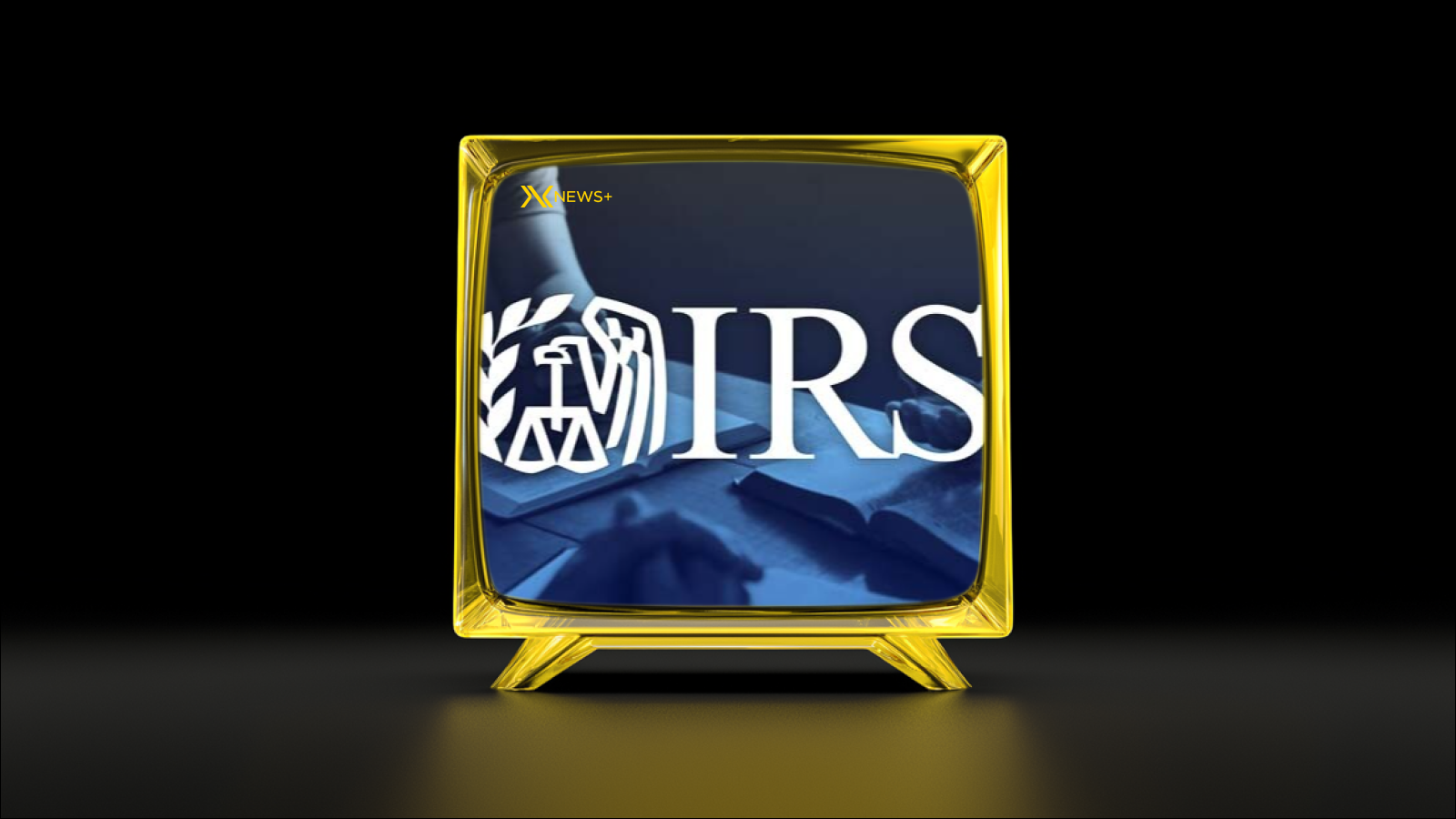Explore the call for Congressional action against IRS crypto regulations, led by industry leaders and Senator Ted Cruz. Will Congress respond to repeal efforts?
Industry Leaders Call for Congressional Action
The burgeoning crypto industry is rallying its leaders to urge Congress to take decisive action against the IRS Crypto Rule, which many believe stifles innovation and growth. As the landscape of digital finance continues to evolve, industry stakeholders are voicing concerns that compliance with the current regulations imposes undue burdens on businesses.
Key figures from major crypto exchanges and platforms have organized discussions and strategy sessions aimed at amplifying their message to lawmakers. These leaders argue that the IRS Crypto Rule not only mischaracterizes digital assets but also detracts from progress in the realm of DeFi Regulations that aim to provide a more adaptable financial ecosystem.
In an increasingly competitive global market, advocates for the repeal stress that supportive legislation is critical for the U.S. to maintain its position as a leader in fintech innovation. They advocate for greater clarity and alignment in regulations that can foster rather than hinder the growth of the crypto sector.
As these leaders mobilize, their objective is not solely to repeal the IRS Crypto Rule but also to promote a comprehensive regulatory framework that benefits both consumers and providers of digital assets. There is a strong belief that effective dialogue with Congress will pave the way for a more favorable regulatory environment.
Why the Crypto Sector Opposes the IRS Rule
The IRS Crypto Rule has come under intense scrutiny from various sectors within the cryptocurrency landscape, primarily due to its perceived burdens on innovation and compliance. One of the main objections stems from the rule’s broad definition of a broker, encompassing entities that traditionally would not be categorized as such, including decentralized finance (DeFi) platforms and certain crypto service providers.
This ambiguous classification raises substantial concerns among industry players, who argue that it contravenes the foundational principles of decentralization and the ethos of blockchain. By imposing broker-like obligations, it threatens to stifle innovation and competition, particularly in the rapidly evolving DeFi regulations space.
Moreover, many in the crypto sector assert that the compliance costs required to adhere to the IRS Crypto Rule could significantly limit the ability of startups and smaller firms to enter the market. This can create an environment where only established players have the resources to navigate the complexities of regulatory compliance, ultimately reducing market dynamism.
Additionally, there are fears that the rule could inadvertently drive crypto activities offshore, as businesses seek to avoid onerous reporting requirements. This could result in a reduced U.S. presence in the global cryptocurrency market, potentially stunting economic growth and technological advancement within the country.
Senator Ted Cruz Leads Legislative Repeal Effort
In a significant move against the IRS Crypto Rule, Senator Ted Cruz has emerged as a leading figure in the effort to repeal the controversial regulation. Recognizing the potential adverse effects of the rule on innovation and investment in the cryptocurrency sector, Cruz has been vocal about the need for reform in the regulatory landscape.
Senator Cruz argues that the current IRS rules hinder the growth of the rapidly evolving crypto market. He has emphasized that such regulations should be carefully assessed to avoid stifling innovation, particularly in the realm of decentralized finance. The DeFi regulations, as they stand, can create unnecessary barriers for businesses and investors operating in the cryptocurrency space.
During recent discussions, Cruz has urged Congress to prioritize reviewing the IRS Crypto Rule, suggesting that the implications extend beyond taxation and touch on broader issues of economic growth and technological advancement. He believes that a more favorable regulatory environment can encourage investment and foster innovation in the U.S. crypto industry.
The senator’s efforts are part of a larger push from industry leaders who are mobilizing to drive changes in the regulatory framework. With the support of a growing coalition, Cruz is expected to continue advocating for a legislative repeal, aiming to align the regulatory approach with the needs of the modern cryptocurrency landscape.
Will Congress Act? The Road to Repeal
As the debate surrounding the IRS Crypto Rule escalates, a critical question looms: Will Congress take decisive action to repeal the controversial regulation? The path forward is not straightforward, with varying opinions and the need for a concerted effort among lawmakers.
Currently, the crypto industry is mobilizing its resources to influence congressional sentiment. Industry leaders have expressed concerns about the potential implications of the rule on innovation and investment in the crypto space. Given the broader context of DeFi regulations, advocates are urging legislators to recognize the unique nature of cryptocurrency transactions, which differ significantly from traditional financial instruments.
In response, Senator Ted Cruz and other lawmakers have started to draft proposals aimed at repealing the IRS Crypto Rule. If successful, this could lead to a shift in regulatory frameworks, encouraging more robust growth and innovation within the industry.
However, challenges linger. The legislative process can be sluggish, often hampered by competing priorities and differing opinions on financial regulation in the digital age. Whether Congress will prioritize this issue remains to be seen, but the push from the crypto community highlights the urgency of addressing these regulatory challenges.
In conclusion, the path to repeal the IRS Crypto Rule is fraught with hurdles, but the industry’s collective voice may prove pivotal in shaping the legislative agenda. Only time will tell if Congress is willing to act swiftly and decisively in this evolving landscape.
Disclaimer
Cryptocurrency regulations are constantly evolving, and compliance risks vary by jurisdiction. Investors and businesses should seek professional legal and financial advice before making decisions related to crypto taxation and reporting.
Click for more News articles





